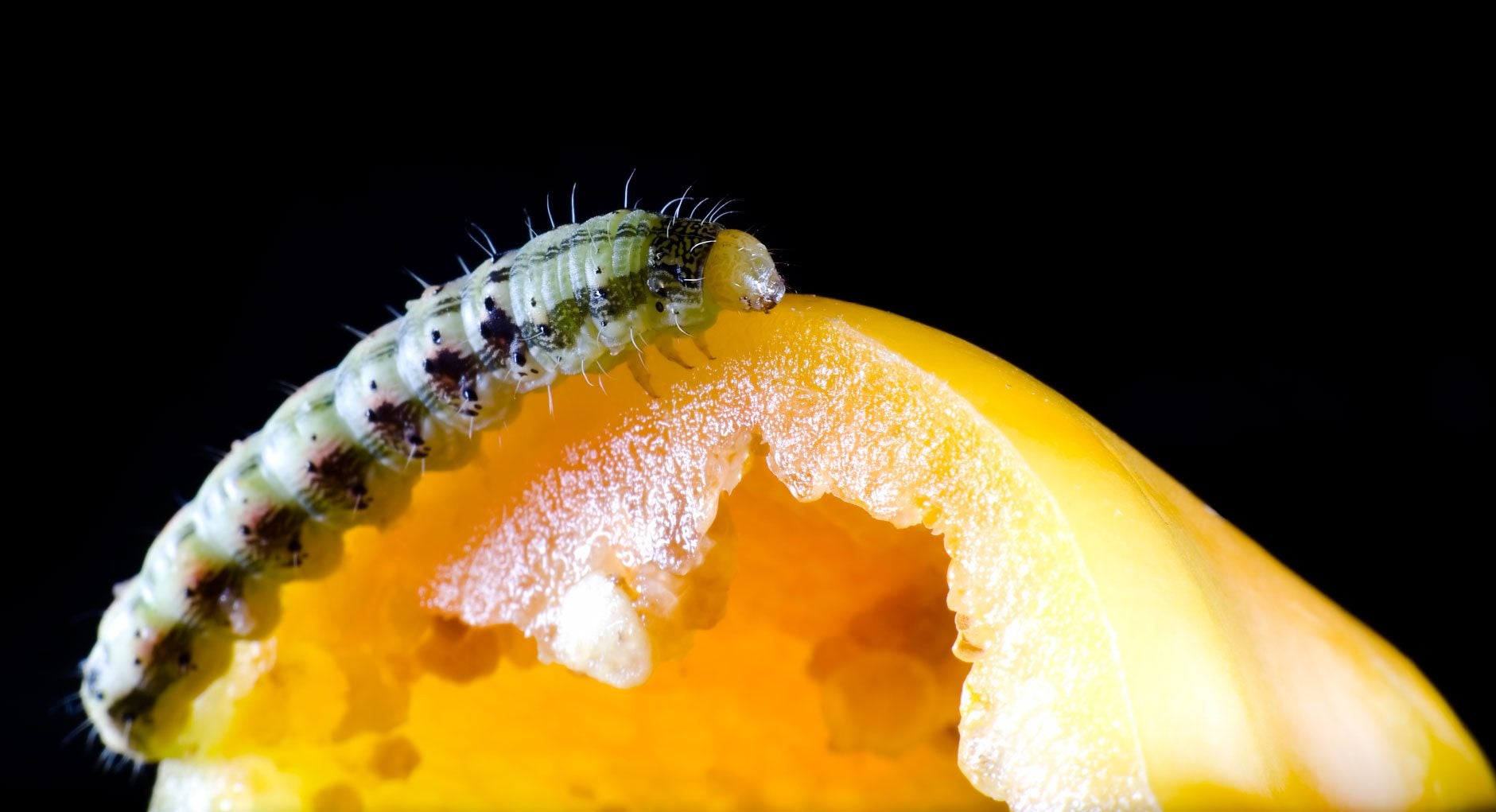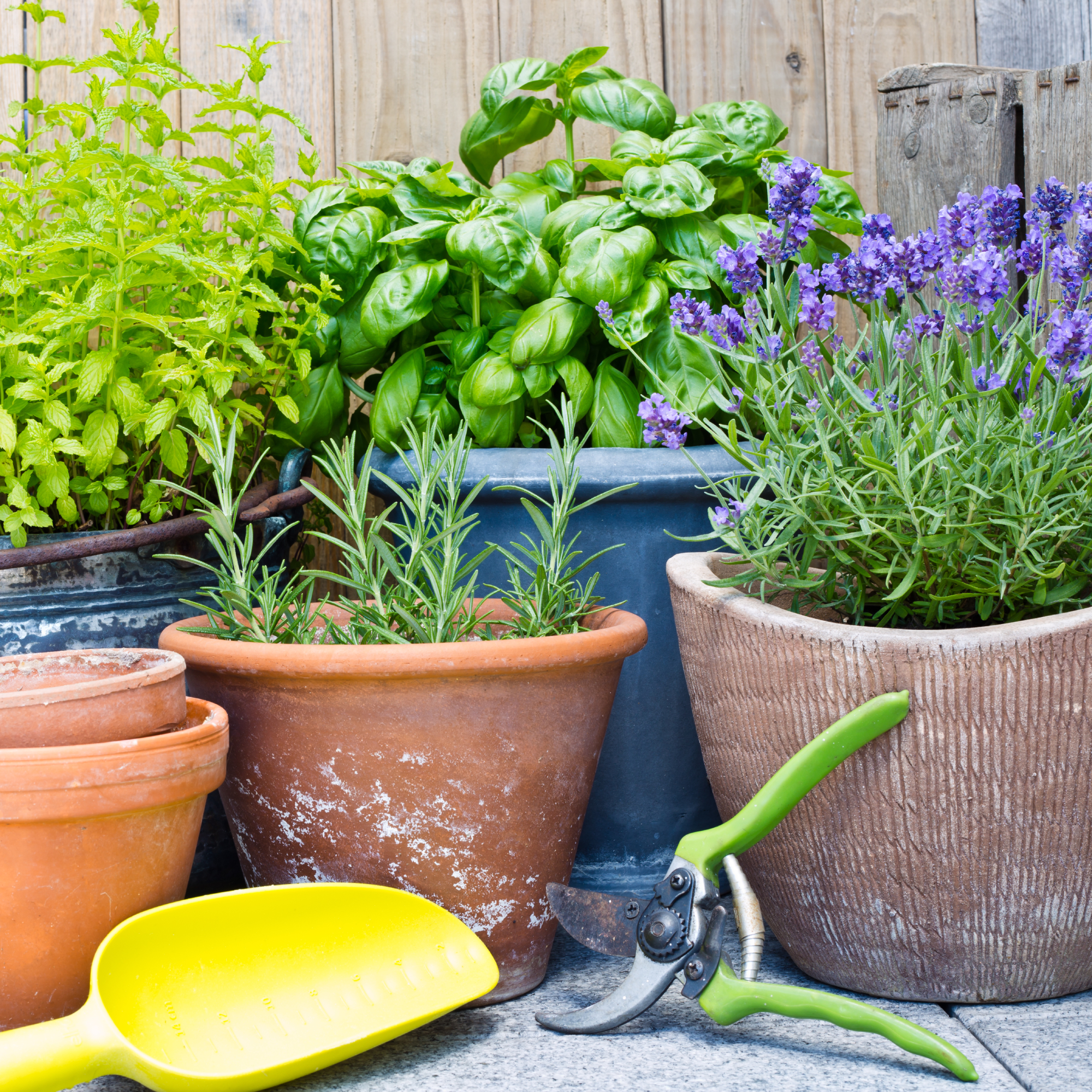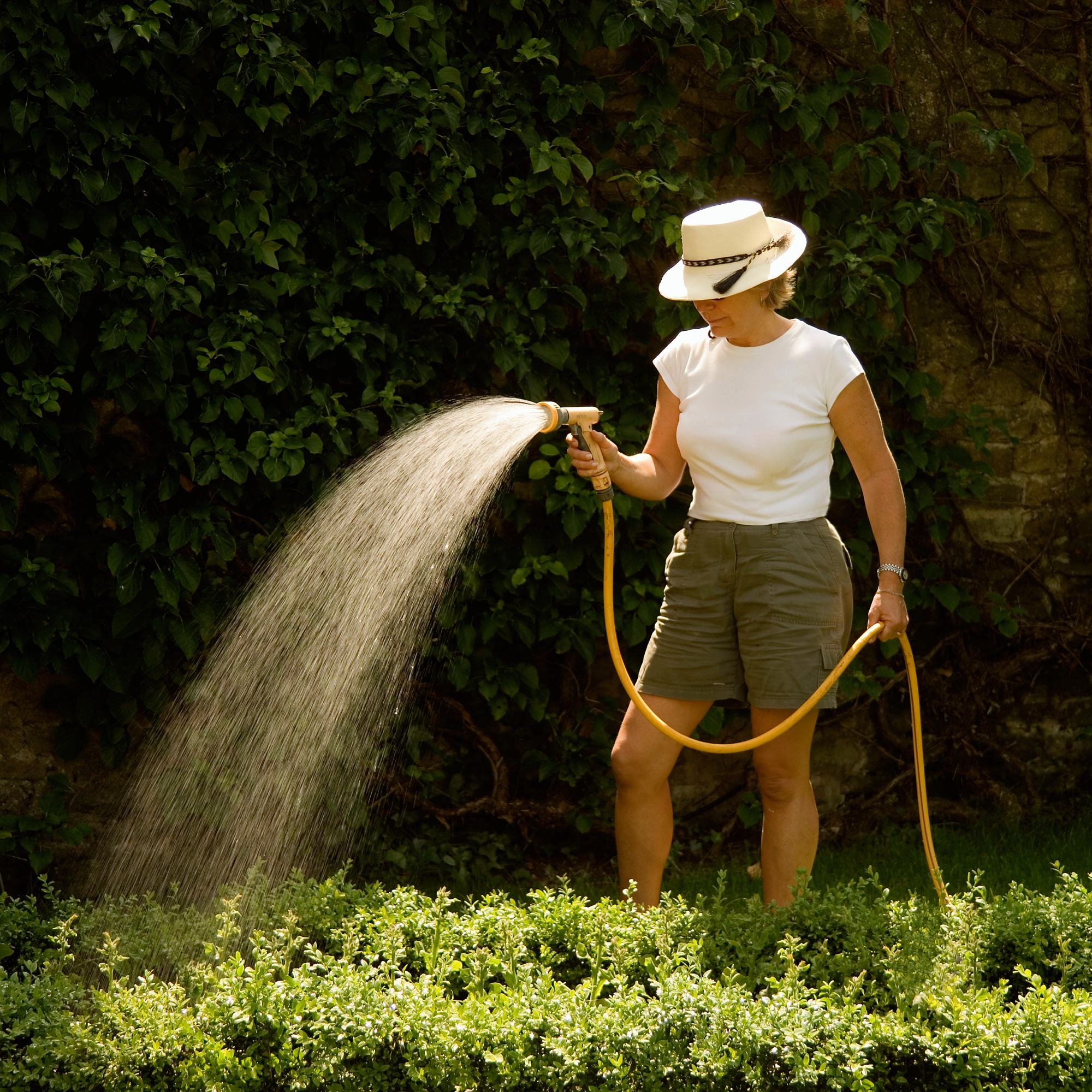Worms On Peppers: What Is Eating My Peppers?


When it comes to pepper plants, there are many different pepper pests. You can avoid them as long as you treat the area, but you have to be careful treating around vegetable gardens as to what you use and how much. If you're having trouble with your pepper plants, this article might help you know which pepper pests you are dealing with so you can apply the appropriate treatment.
Types of Worms on Peppers
There is a pepper caterpillar called the tobacco hornworm. This particular pepper caterpillar is green and has a red anal horn. The pepper caterpillar will munch on both the fruit and the leaves of your pepper plant. You will know he's been there because he leaves large open scars on the peppers themselves.
Pepper grubs eat at the roots of the pepper plant and prevent the plant from absorbing the nutrients it needs from the soil. This will cause smaller peppers and even plants that simply do not produce any peppers.
A pepper worm, like the beet armyworm, is another pest that can damage your pepper plants. This pepper worm is about one-third the size of the pepper caterpillar. He can be green or black and is a larva. He will damage the buds and young leaves on the pepper plant. This will prevent any good peppers from forming.
Worms on peppers are truly the biggest pest. The corn earworm will actually leave holes in the peppers themselves, and the pepper maggot feeds on the inside of the fruit and also leaves holes. When it comes to worms on peppers, just look for holes in the fruit. This should tell you it's probably a worm you are dealing with.
Other pepper pests can include flea beetles and pepper weevils, which chew holes in the foliage of the pepper plant. These aren't good because they can eventually harm the plant but aren't as bad as some of the other pests mentioned. Controlling pests with the proper pest control remedies is your best bet.
Pests love the pepper plant because of its sweetness. Simply watch out for the signs of pest damage and treat the plants with a solution of soapy water, neem oil, or garlic spray, or remove the caterpillars by hand. Your local garden center may have other suggestions.
Gardening tips, videos, info and more delivered right to your inbox!
Sign up for the Gardening Know How newsletter today and receive a free copy of our e-book "How to Grow Delicious Tomatoes".

The only child of a horticulturist and an English teacher, Liz Baessler was destined to become a gardening editor. She has been with Gardening Know how since 2015, and a Senior Editor since 2020. She holds a BA in English from Brandeis University and an MA in English from the University of Geneva, Switzerland. After years of gardening in containers and community garden plots, she finally has a backyard of her own, which she is systematically filling with vegetables and flowers.
-
 Keep Your Patio Pest-Free This Summer With These 5 Potted Plants That Repel Mosquitoes
Keep Your Patio Pest-Free This Summer With These 5 Potted Plants That Repel MosquitoesTell biting insects to buzz off with these five potted plants that repel mosquitoes! Plus, one plant mosquitoes love that you should avoid at all costs.
-
 When Is The Best Time To Water Plants? Expert Guide To Keep Plants Happy Even In The Heat
When Is The Best Time To Water Plants? Expert Guide To Keep Plants Happy Even In The HeatProper watering can make or break your garden. Learn the best time to water plants so your garden can be healthy all summer long.